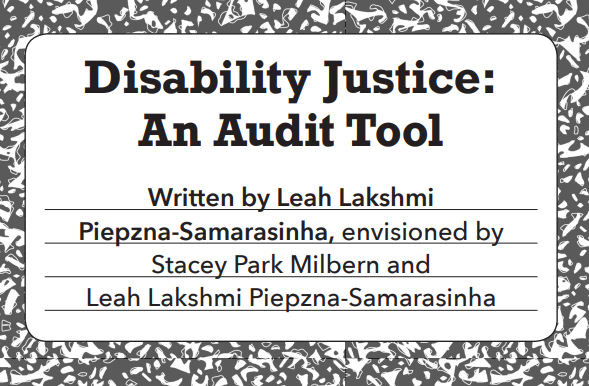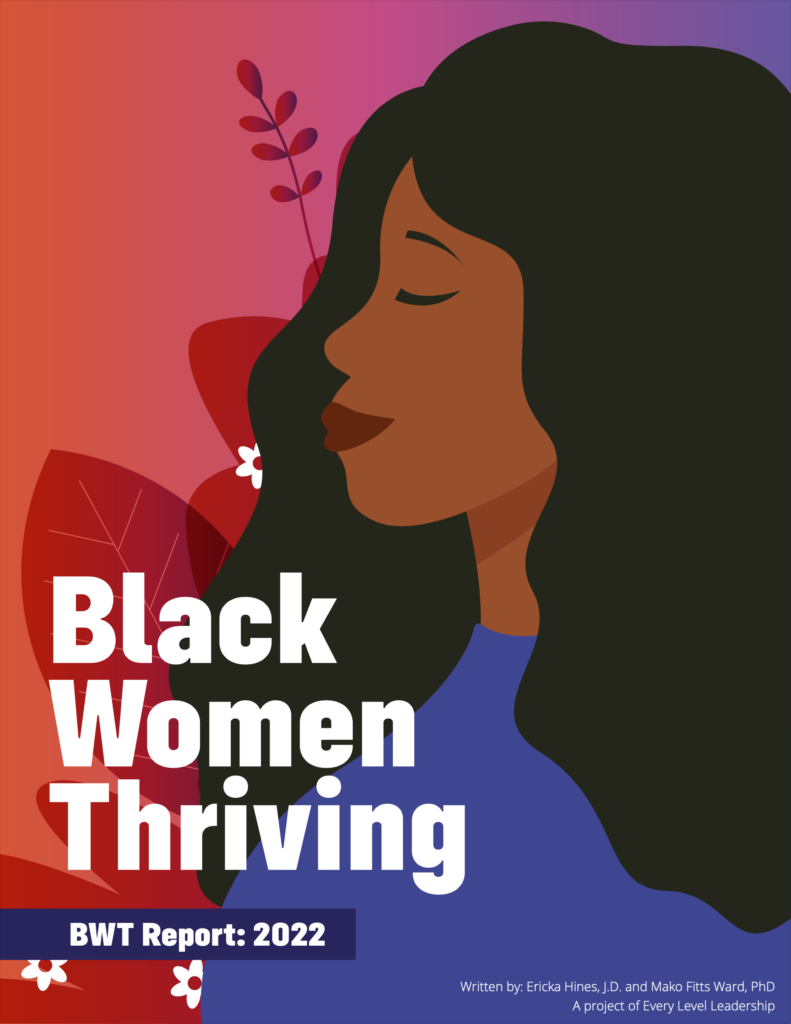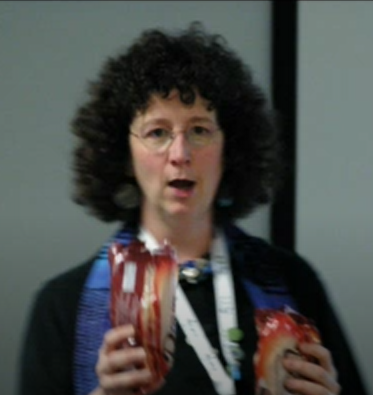As some of you know, last Summer I declared a fallow period for myself. I was so tired.
Well, I’ve arrived at the cleaning stage. Clearing out books I’ll never open again. Going through files and digging into the huge (garbage) pile that is my office. Attacking deferred home maintenance projects.
What one can discover never ceases to amaze. Even some words that help me through a turn.
First I notice that I’m now rested enough that I can start and even ENJOY these tasks. It may be an indicator how far I’ve come from last summer’s burn out. And I can see the top of my desk! I feel comfortable giving away books and recycling piles of files. I’m scanning a few, offering some to folks who appreciate artifacts from the early days of online community, and holding on to some that are near and dear.
Some of the things I’ve unearthed remind me that phase changes are amazing moments to both reflect AND start out on new explorations and (learning) adventures. I found my independent study on solar algae ponds and the chemistry of phytoplankton in the aquaculture environment. Wow, I was smart back then! I found my high school year book. I realize no one knew me until I got the lead in the senior play. Invisibility, eh? I found printouts of the governance thrash when Electric Minds (snapshot here) lost its funding and in a hail Mary, became Eminds. (Howard wrote about that a bit here.) Names and personalities came flooding back. Moments of joy and moments of regret. The shattering of my naiveté about the possibilities of online community.
It was in one of these print outs that I found a response from the wise and wonderful Jay Rosen of NYU. I was deeply dispirited and Jay stopped into the conversation thread that I LOVED most, “How to raise the caliber of the conversation on the Net.” Jay wrote about the social critic Christopher Lasch and his distinction between optimism and hope. Here are a few snippets that Jay quoted.
Optimism is the belief that things will somehow get better because that is the direction things go.
Jay Rosen, paraphrasing Lasch
“Hope does not demand a belief in progress. It demands a belief in justice: a conviction that the wicked will suffer, that wrongs will be made right, that the underlying order of things is not flouted with impunity. Hope implies a deep-seated trust in life that appears absurd to those who lack it. It rests on confidence not so much in the future as in the past.
“It derives from early memories–no doubt distorted, overlaid with later memories, and thus not wholly reliable as a guide to any factual reconstruction of events–in which the experience of order and contentment was so intense that subsequent disillusionments cannot dislodge it.
“Such experience leaves as its residue the unshakable conviction, not that the past was better than the present, but that trust is never completely misplaced, even though it is never completely justified either and therefore destined inevitably to disappointments.
“If we distinguish hopefulness from the more conventional attitude known today as optimism–if we think of it as a character trait, a temperamental disposition…–we can see why it serves us better, in steering troubled waters ahead, than [optimism].
“Not that it prevents us from expecting the worst. The worst is what the hopeful are always prepared for. Their trust in life would not be worth much if they had not survived disappointments in the past, while the knowledge that the future holds further disappointments demonstrates the continuing need for hope… Improvidence, a blind faith that things will somehow work out for the best, furnishes a poor substitute for the disposition to see things through even when they don’t.
“… The disposition properly described as hope, trust, wonder–three names for the same state of heart and mind–asserts the goodness of life in the face of limits. It cannot be defeated by adversity. In the troubled times to come, we will need it even more than we needed it in the past.”
Christopher Lasch, “The True and Only Heaven: Progress and its Critics”
Then Jay left his advice to me.
One is to remain optimistic and say: everything will work out. A second is to give in to despair, or give up on politics entirely.
The third is to steel yourself with hope. Prepared for the worst, fortified by loving memory of what was best in the past, open to a future in which trust is never wholly misplaced. That’s hope, in its muscular variety.
Jay Rosen, E-Minds, 1997
Lately the news of the world – Ukraine, White Supremacy, striking down of Roe v. Wade, shootings, hate — it has been taking its toll on me. Then I picked up this old print out and Jay reminded me, I can choose hope. Thanks, Jay!



